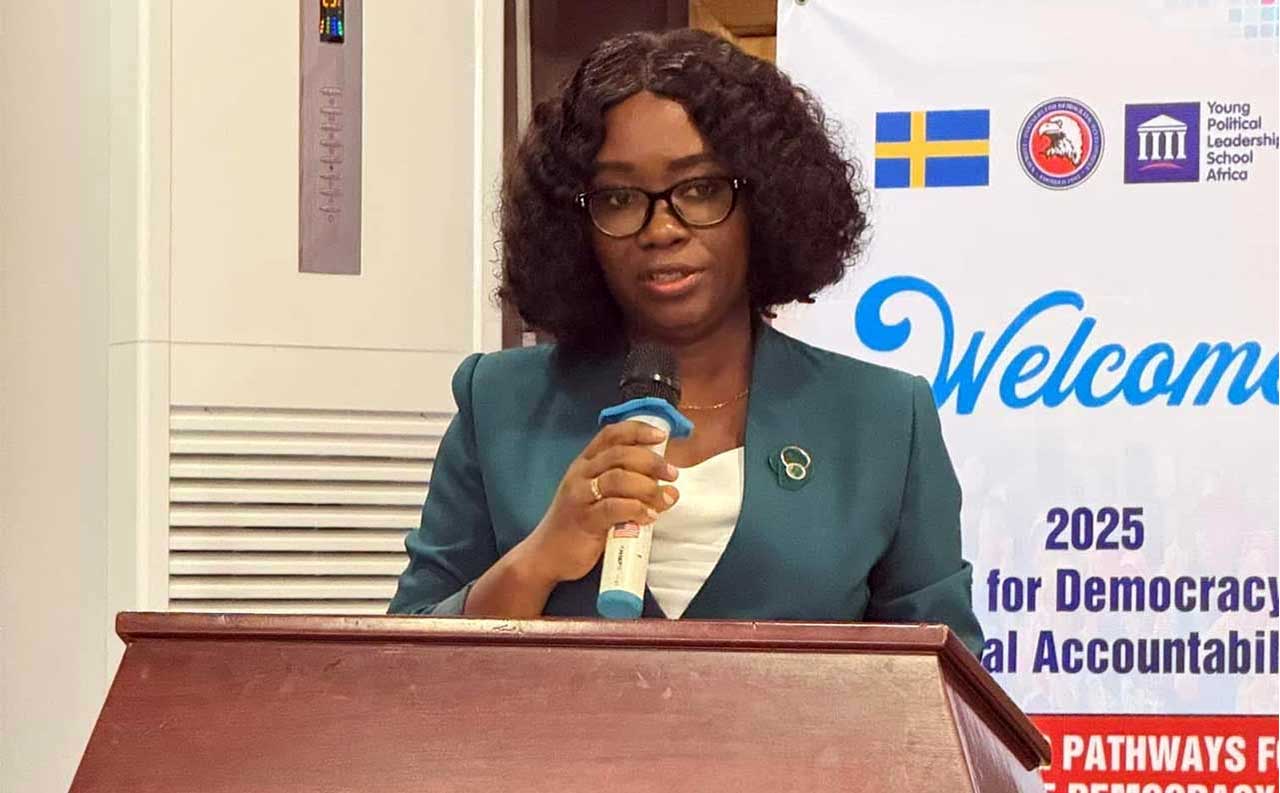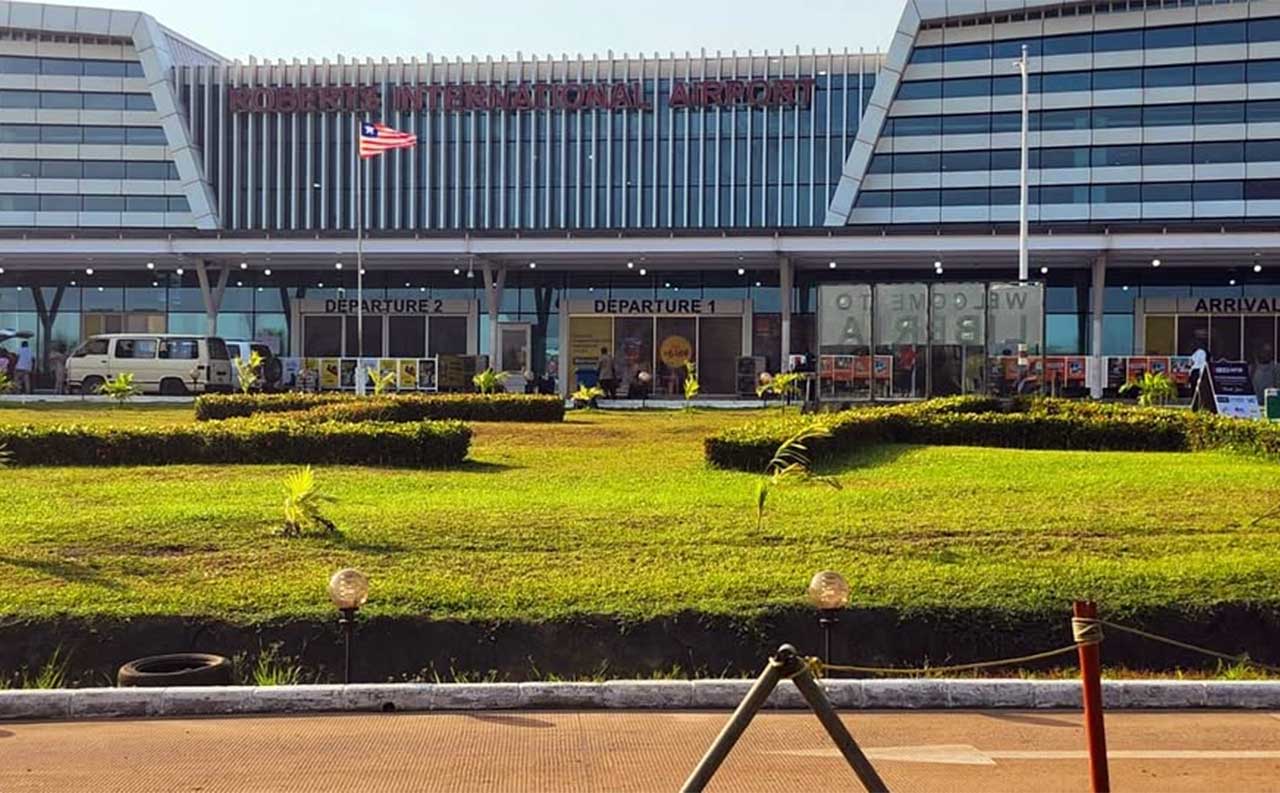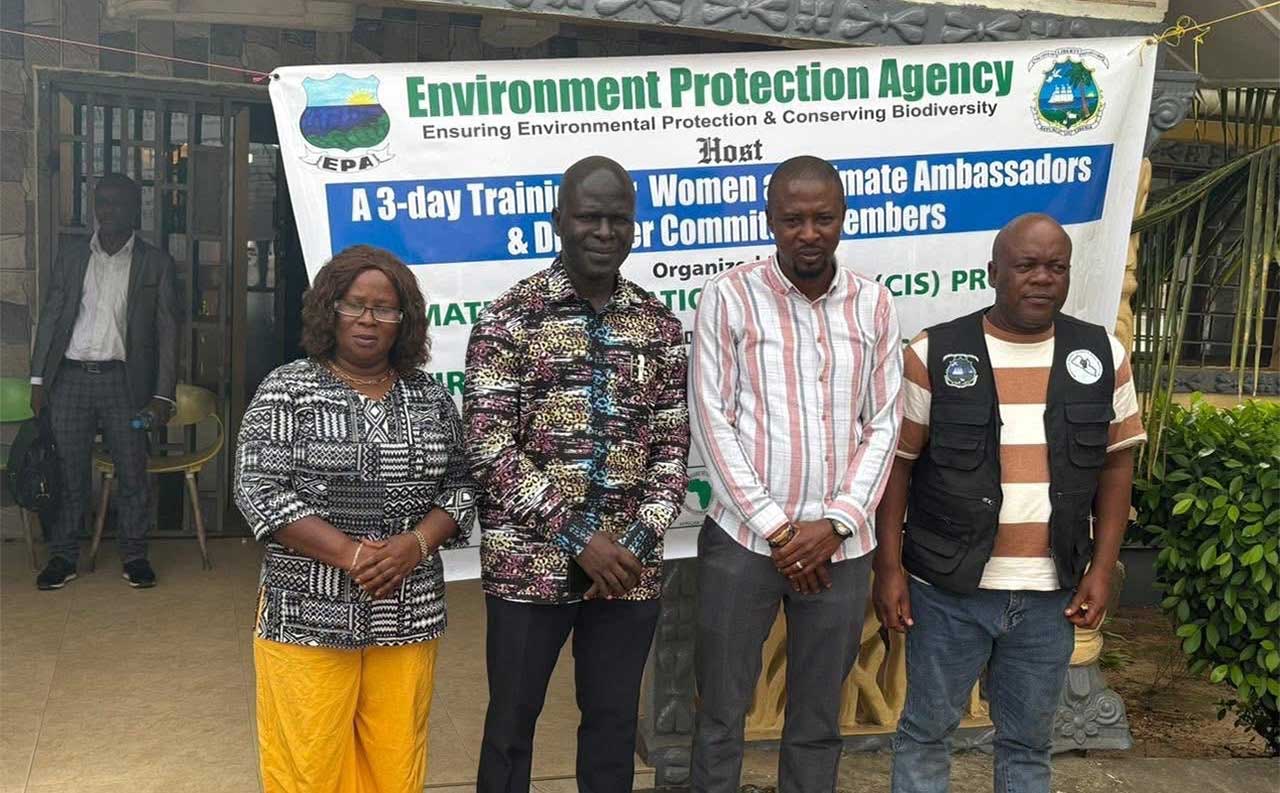The Liberia Anti-Corruption Commission (LACC) has given updates on recent legal developments arising from ongoing corruption cases under prosecution. According to a press statement, the commission filed a Motion for Change of Venue in the case involving the President of Lofa County University, Dr. Isaac Podah.
LACC stated that after arguments in the case, which concerns allegations of financial irregularities and misuse of institutional resources, the motion was denied on Friday, November 21, 2025, by Judge Papesuah, Presiding Judge of the 10th Judicial Circuit of Lofa County, who ordered that the case proceed within Lofa County.
The anticorruption body stated that its request for a change of venue was based on two main concerns: the continued influence of the Defendant over the Institution and the fact that Dr. Podah still maintains full authority over the college. This is concerning because no executive action has been taken to remove or suspend him since the indictment.
The Commission believes that his ongoing leadership role poses a risk of direct or indirect influence over staff, students, and potential witnesses connected to the trial. According to the Commission, the second issue was potential jury bias due to Local Ties, as a jury assembled within Lofa is highly likely to include students, former students, or individuals who may be professionally or socially connected to Dr. Podah.
The Commission maintains that such community ties could create an atmosphere of prejudice, compromise neutrality, and hinder the fair administration of Justice. “The Lofa County University matter is one of two venue-change motions filed by the LACC this month. The second involves the Gbarpolu County “Yellow Machine” Case, in which the defendant is Superintendent Sam K. Zinnah,” LACC noted.
In that case, the Commission similarly petitioned for a change of venue, noting that Superintendent Zinnah’s executive authority poses a risk of juror intimidation, influence, or perceived obligation that may undermine the impartiality of the proceedings. Across both cases, the Commission reiterates that its objective is similar: to ensure that justice is delivered without fear, favor, or undue influence.
The LACC noted that it remains steadfast in its mandate to protect the integrity of the judicial process, uphold transparency, and guarantee that corruption cases are adjudicated in environments free from political weight or local pressures. The body assures the public that it will continue to pursue all legal remedies available while working collaboratively with the courts to ensure fair and credible outcomes.



